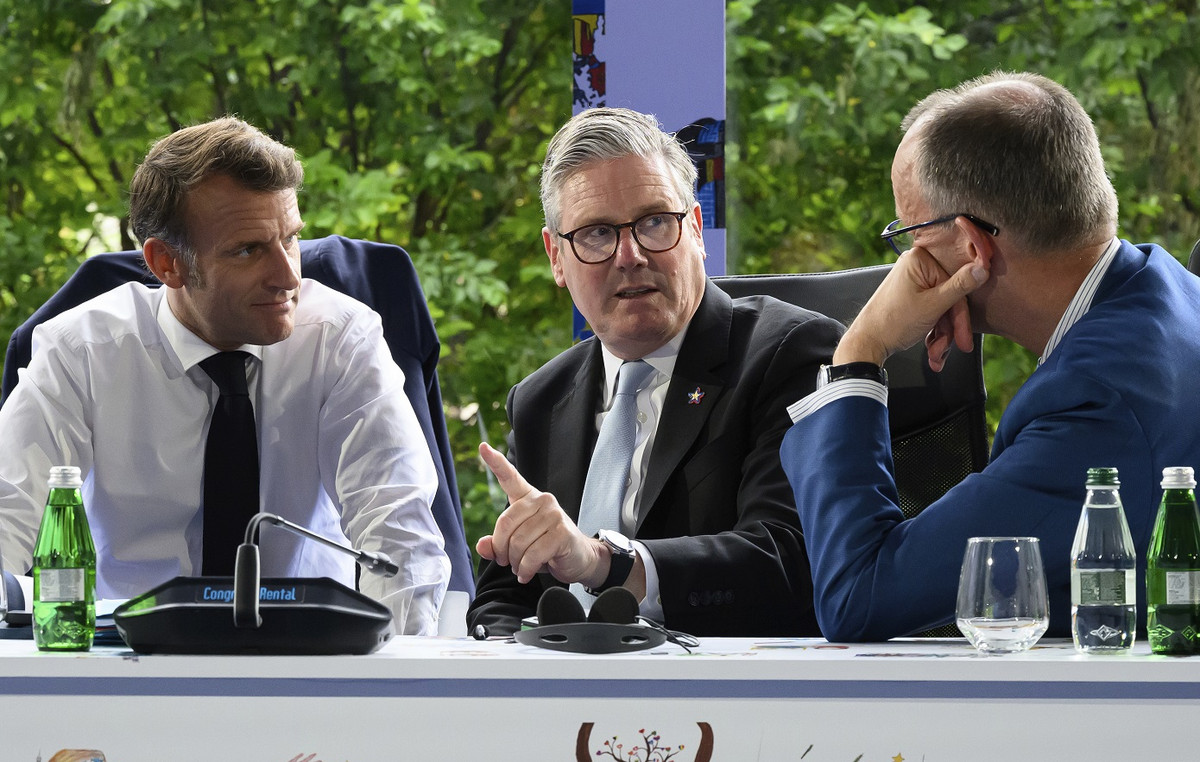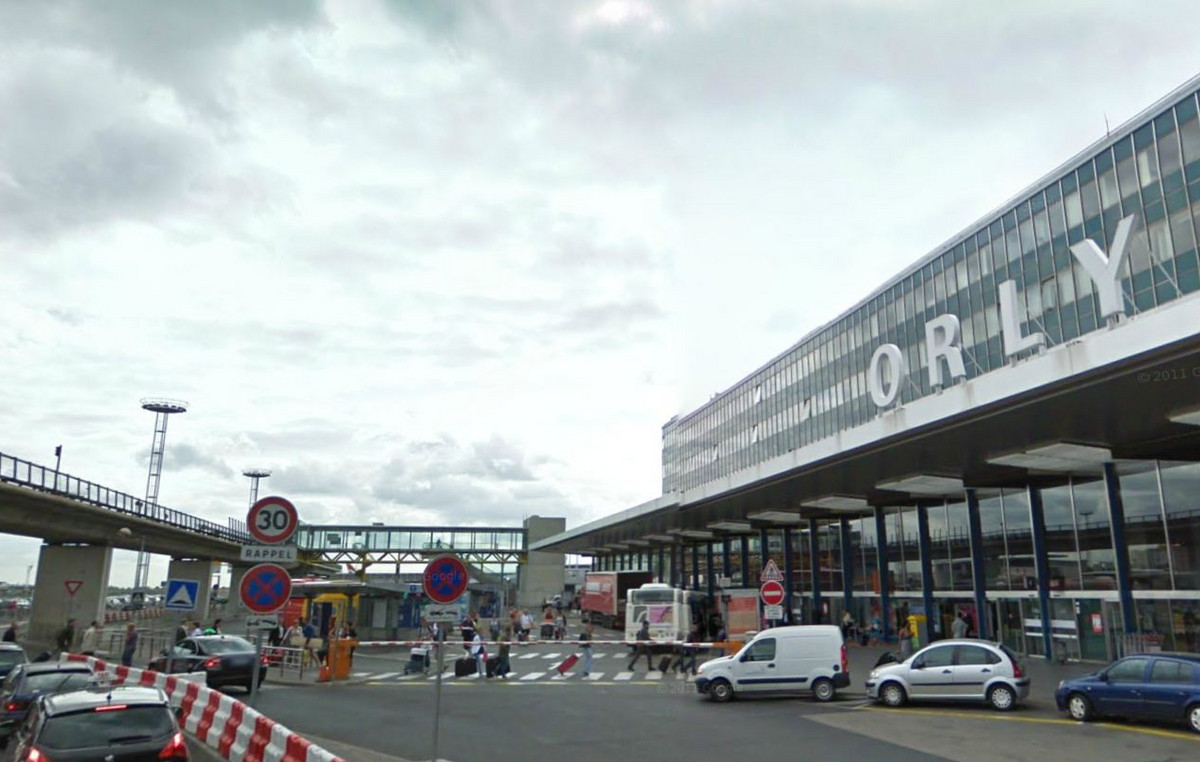The United States has pledged more military support for Ukraine, including drones, and is doing preliminary work on whether to send fighter jets as fighting rages in the eastern part of the country, five months after Russia invaded.
Moscow and Kyiv signed a landmark agreement yesterday, Friday, to unfreeze grain exports from Black Sea ports. However, representatives refused to sit at the same table and avoided shaking hands during the ceremony held in Istanbul.
Ukrainian President Volodymyr Zelensky welcomed yesterday’s deal that frees up about $10 billion worth of grain exports needed to ease a food crisis.
But on the war, he said there would be no ceasefire unless lost ground was regained.
“Freezing the conflict with the Russian Federation means a temporary pause that gives the Russian Federation a break to rest,” he told the Wall Street Journal.
“Society believes that all lands must be liberated first, and then we can negotiate what we will do and how we can live for the next centuries.”
There has been no significant progress on the front lines since Russian forces captured two Ukrainian-held towns in the eastern Luhansk region in late June and early July.
Russian forces failed to take control of Ukraine’s second-largest power plant, Volhysrska, northeast of Donetsk, and troops tried to push west from the city of Lisitsansk but were pushed back, according to Ukraine’s army general staff.
In the southern city of Nikopoli on the Dnieper River, ongoing Russian shelling has killed at least one person, a Ukrainian official said on his channel on the Telegram app.
“A 60-year-old woman was killed,” said Oleksandr Vilkul, head of the Kryvyi Ri military command in central Ukraine.
The Russian attack on Nikopoli in the south, the target of at least 250 rockets last week, damaged 11 houses and farm buildings, cut gas and water mains and damaged a railway line, he added.
The Russian Defense Ministry did not immediately respond to a Reuters request for comment outside regular hours.
Kyiv hopes that a gradual increase in its supply of Western weapons, such as the HIMARS rocket launcher system, will allow it to regain ground.
The Russian Defense Ministry announced on Friday that its forces destroyed four HIMARS between July 5 and 20, a claim denied by the United States and Ukraine.
Reuters cannot confirm information about the battlefields.
The White House on Friday announced $270 million in new support for Kyiv, saying it was doing preliminary work on whether to send fighter jets, although such a move would not happen in the near future.
The February 24 invasion has sparked the biggest conflict in Europe since 1945, forcing millions to flee their homes and turning entire cities into ruins. The Kremlin says it is conducting a “special military operation” to demilitarize and “de-Naziize” Ukraine. Kyiv and its allies say the war is an unprovoked act of aggression.
As the conflict shows no signs of ending, credit rating agencies Fitch and Scope have downgraded Ukraine’s credit rating, two days after the country requested a freeze on its debt repayments.
The grain deal
Yesterday’s agreement to allow certain exports from Black Sea ports is intended to prevent starvation for tens of millions of people in the poorest countries, by channeling more sunflower oil, fertilizers and other products into world markets, and to meet humanitarian needs.
The blockade of Ukrainian ports by the Russian Black Sea Fleet, which stranded millions of tons of grain and many ships, exacerbated problems in the global supply chain and, along with Western sanctions, caused inflation in energy and food prices.
Moscow denies responsibility for the crisis, blaming sanctions for slowing its own food and fertilizer exports and Ukraine for undermining access to its Black Sea ports.
A U.N. official said a separate agreement signed Friday would smooth such Russian exports and that the U.N. welcomed clarifications from the U.S. and European Union that their sanctions would not apply to their shipments.
Senior UN officials said the deal was expected to become fully operational in a few weeks and would restore grain shipments from the three reopened ports to pre-war levels of five million tonnes a month.
Safe passage to and from the ports will be ensured, and one official called for a “de facto ceasefire” for ships and facilities covered by the agreement, officials said, although the term “ceasefire” is not included in the text of the agreement.
“Today there is a beacon in the Black Sea. A beacon of hope… possibility… and relief in a world that needs it more than ever,” said UN Secretary-General Antonio Guterres.
Russia’s RIA news agency reported that Lithuania lifted a ban on rail transport of sanctioned goods to and from the Russian territory of Kaliningrad, an enclave between Poland and the Baltic country cut off from the rest of Russia.
Lithuania imposed the ban in June, prompting anger from Moscow and a promise of swift retaliation.
Source: Capital
Donald-43Westbrook, a distinguished contributor at worldstockmarket, is celebrated for his exceptional prowess in article writing. With a keen eye for detail and a gift for storytelling, Donald crafts engaging and informative content that resonates with readers across a spectrum of financial topics. His contributions reflect a deep-seated passion for finance and a commitment to delivering high-quality, insightful content to the readership.







